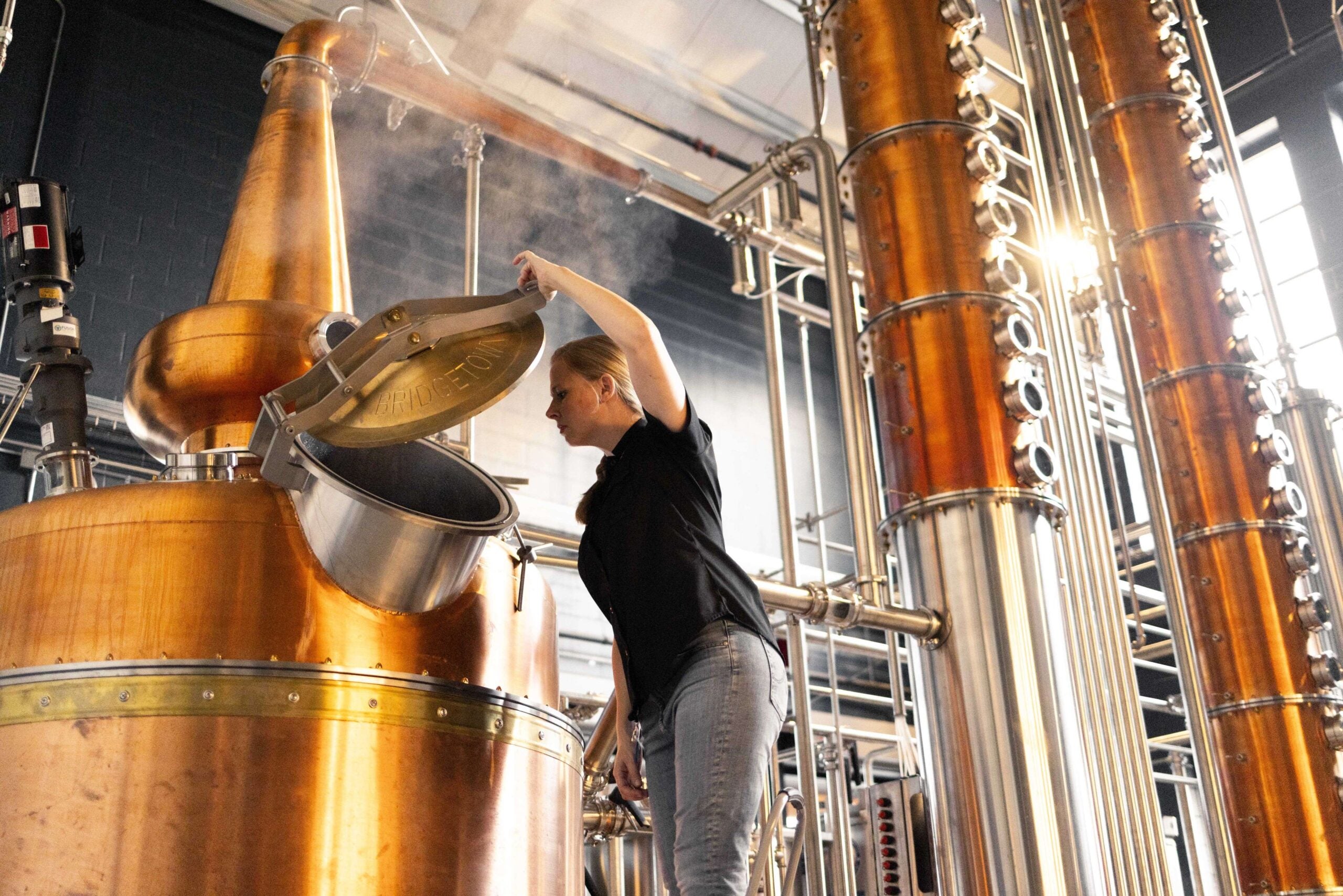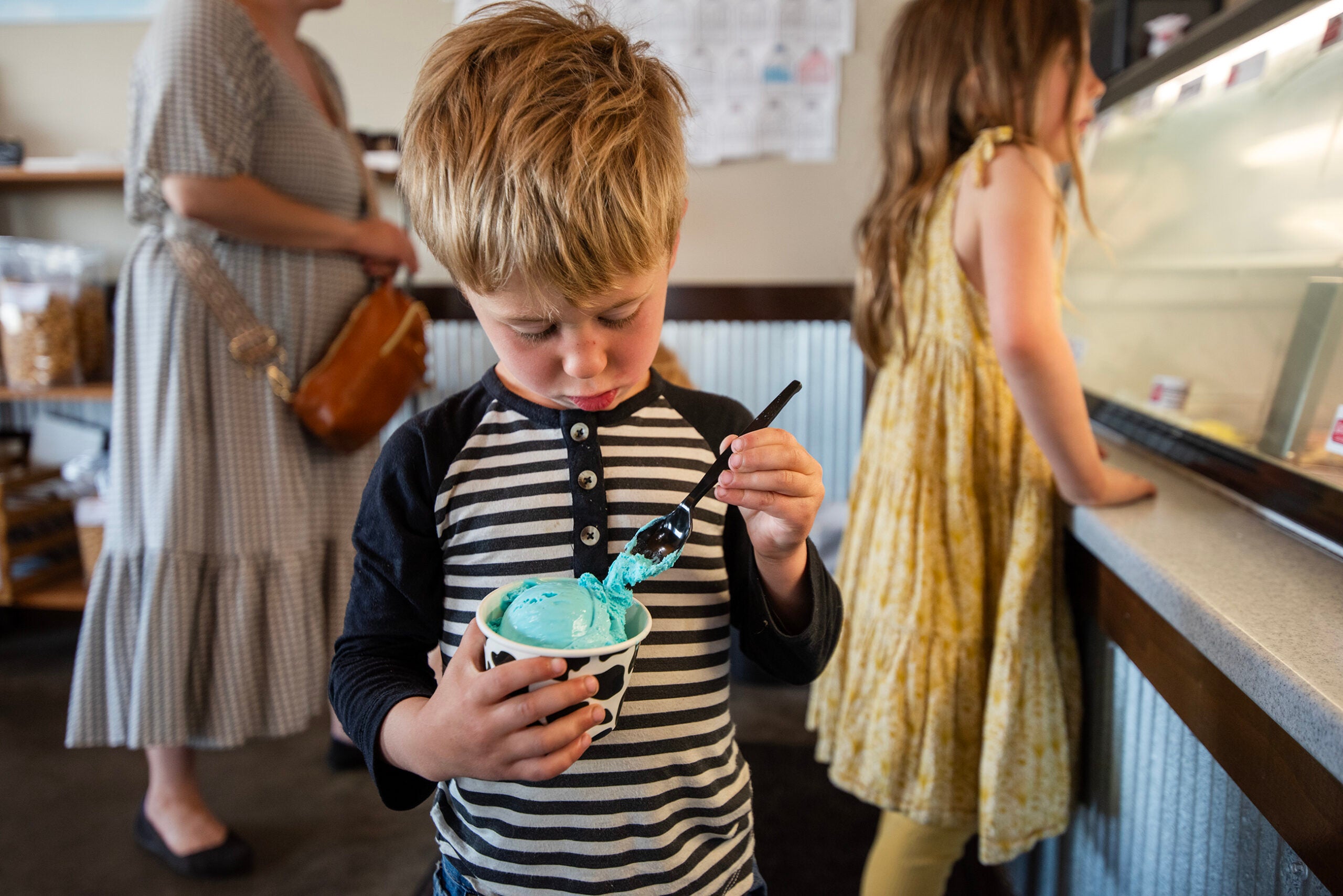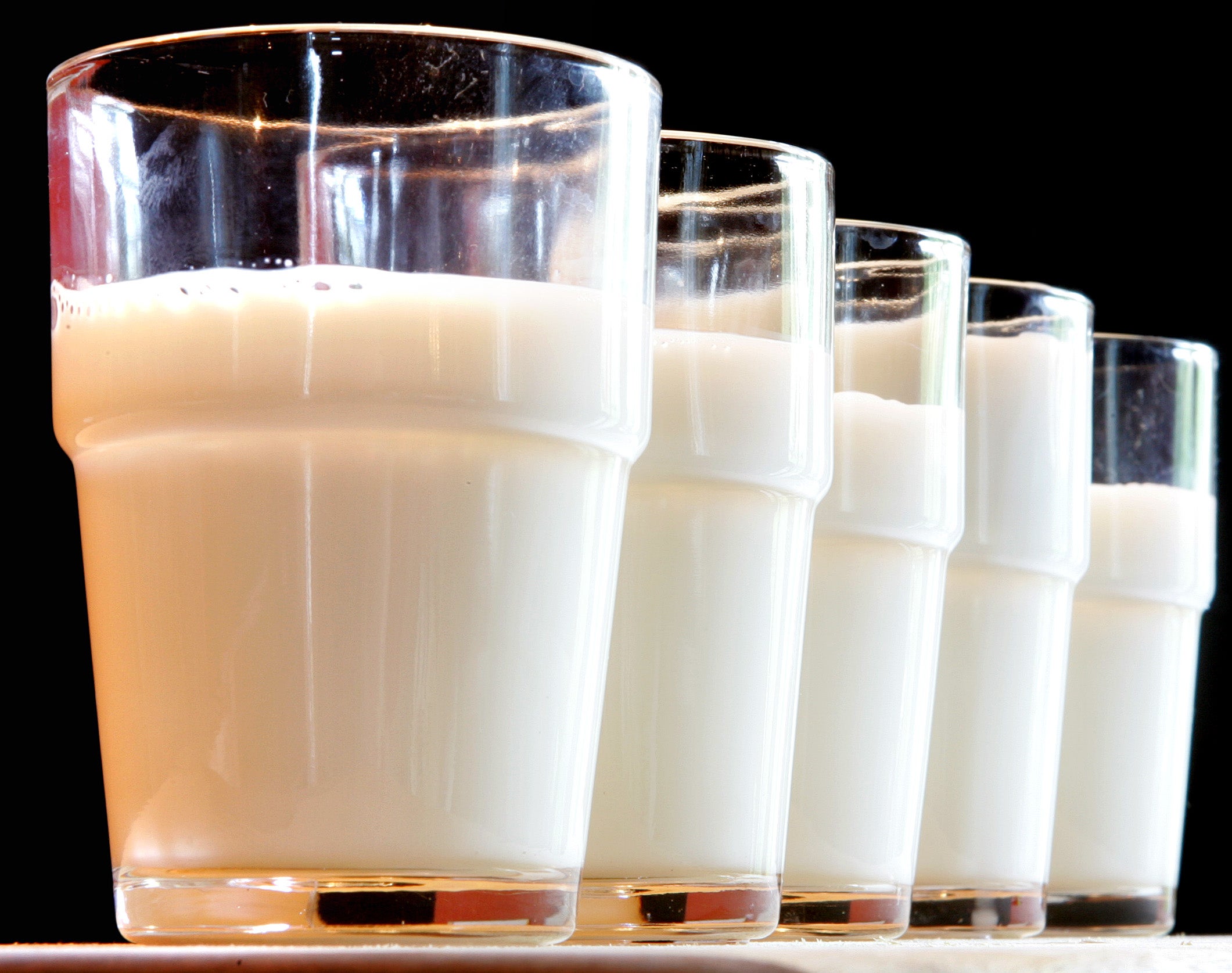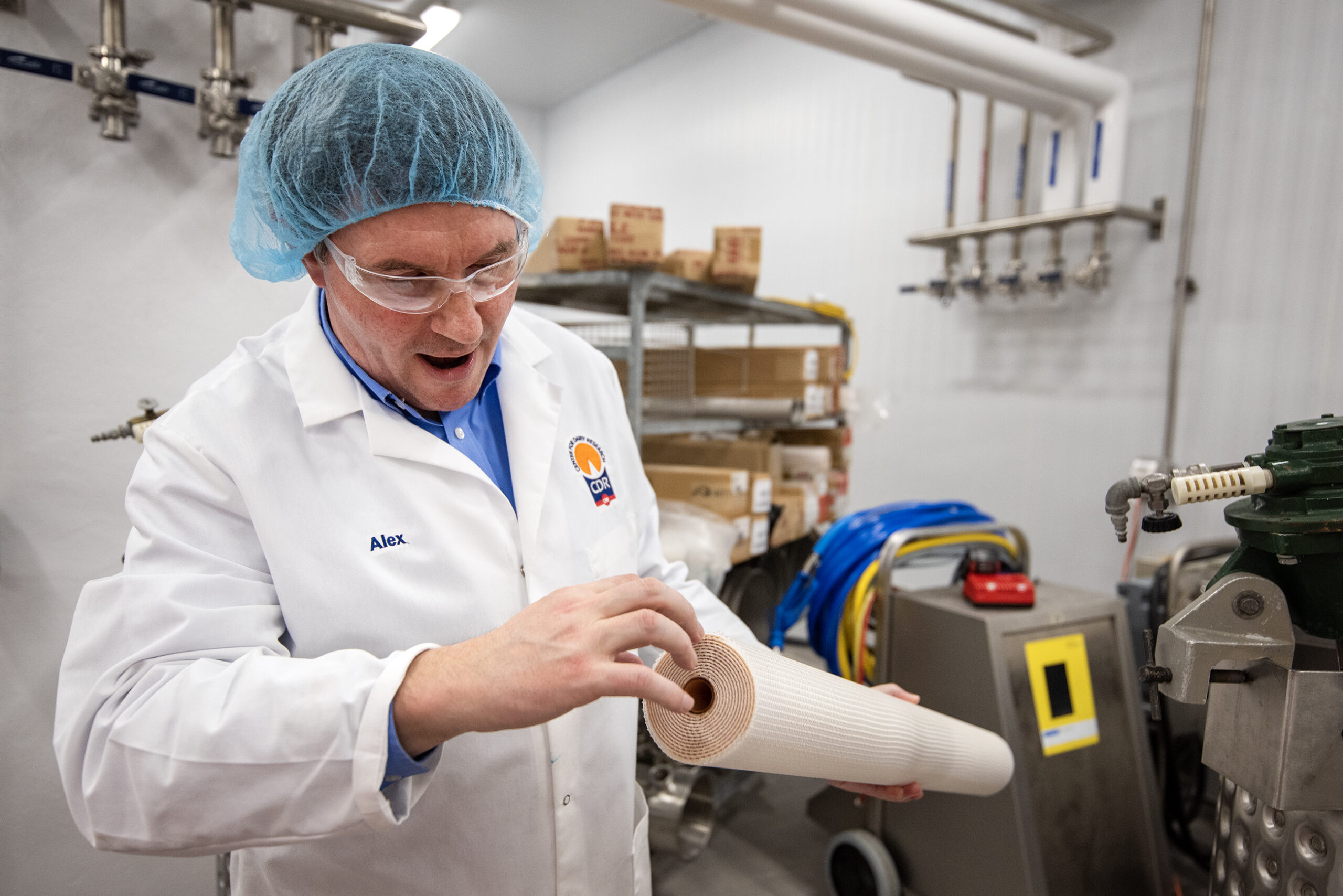As long as cheese has been tasted and celebrated as a Wisconsin staple, cheesemakers have struggled to make use of its byproduct, whey.
While some cheesemakers pay thousands to dispose of their whey in landfills, Mullins Cheese in Knowlton found a different solution, transforming milk sugars produced by the family business into their own blend of vodka and gin at Knowlton House Distillery.
Knowlton House co-founder and head distiller Heather Mullins told WPR’s Morning Edition that only a handful of distilleries around the world use milk sugar to craft vodka and gin. The Mullins family, which owns both businesses, adopted that method to be as sustainable as possible and make use of a byproduct that once was considered waste.
News with a little more humanity
WPR’s “Wisconsin Today” newsletter keeps you connected to the state you love without feeling overwhelmed. No paywall. No agenda. No corporate filter.
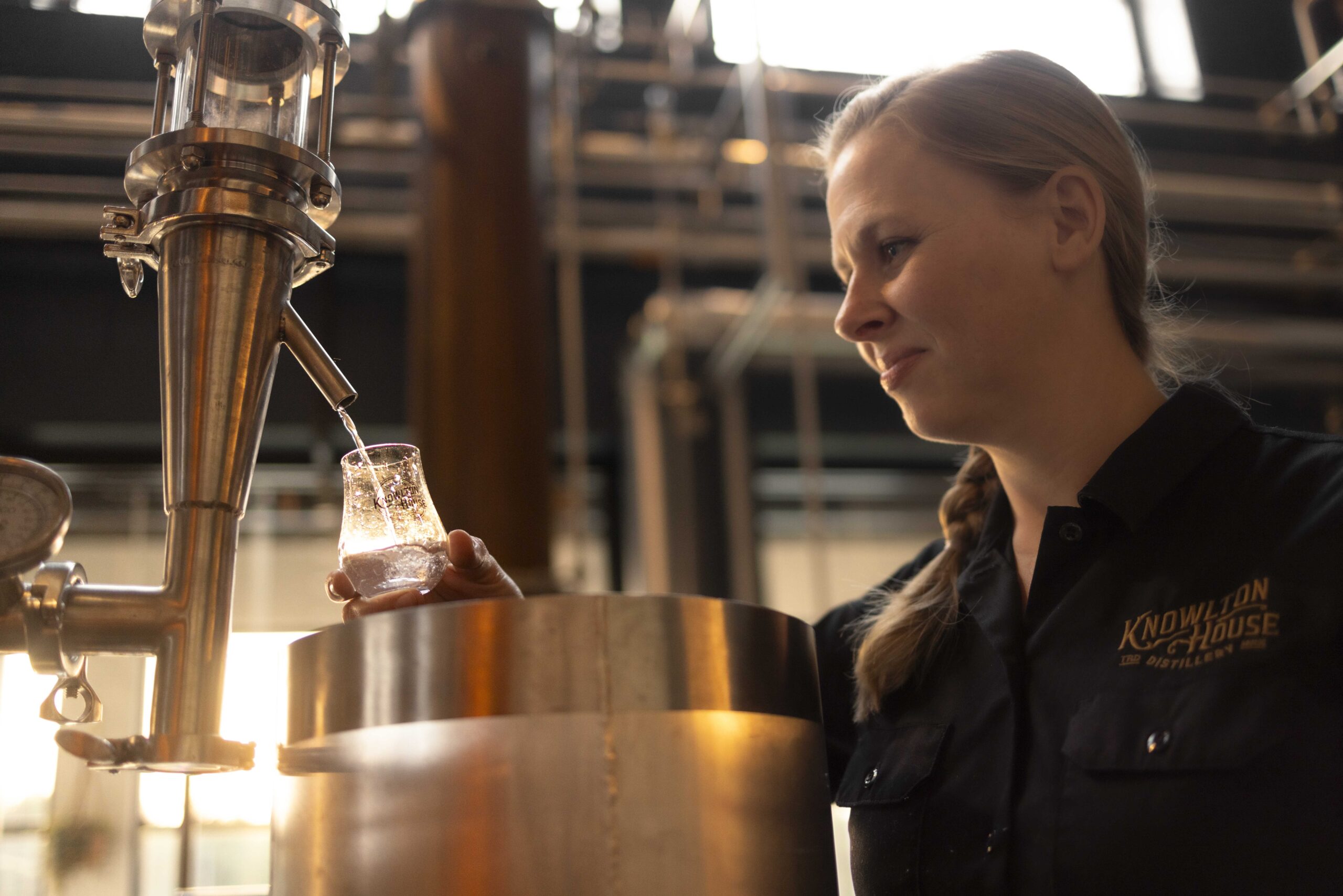
The company’s vodka and gin recipes have earned Knowlton House national recognition, too, with a gold medal in the 2024 American Craft Spirits Association’s annual tasting competition in Denver, Colorado.
Mullins, who co-founded the distillery with her husband, Luke Mullins, said Knowlton House was named for the original town’s tavern, while the spirits produced are branded with the name TenHead, a nod to the family’s dairy history.
“Patrick Mullins sold his 10 head of cattle in 1849 in Ireland to escape the famine and come to Wisconsin to become a dairy farmer,” Heather Mullins said. “The family is seven generations deep in the Wisconsin dairy industry and and that’s really funded by those original 10 head of cattle. So that’s something that we hold close to our hearts.”
It also means there’s a lot of responsibility to showcase those products at their best.
“Being a dairy family and living in the dairy state, we want to make sure we do those products justice,” Heather Mullins said.
The following transcription was edited for brevity and clarity.
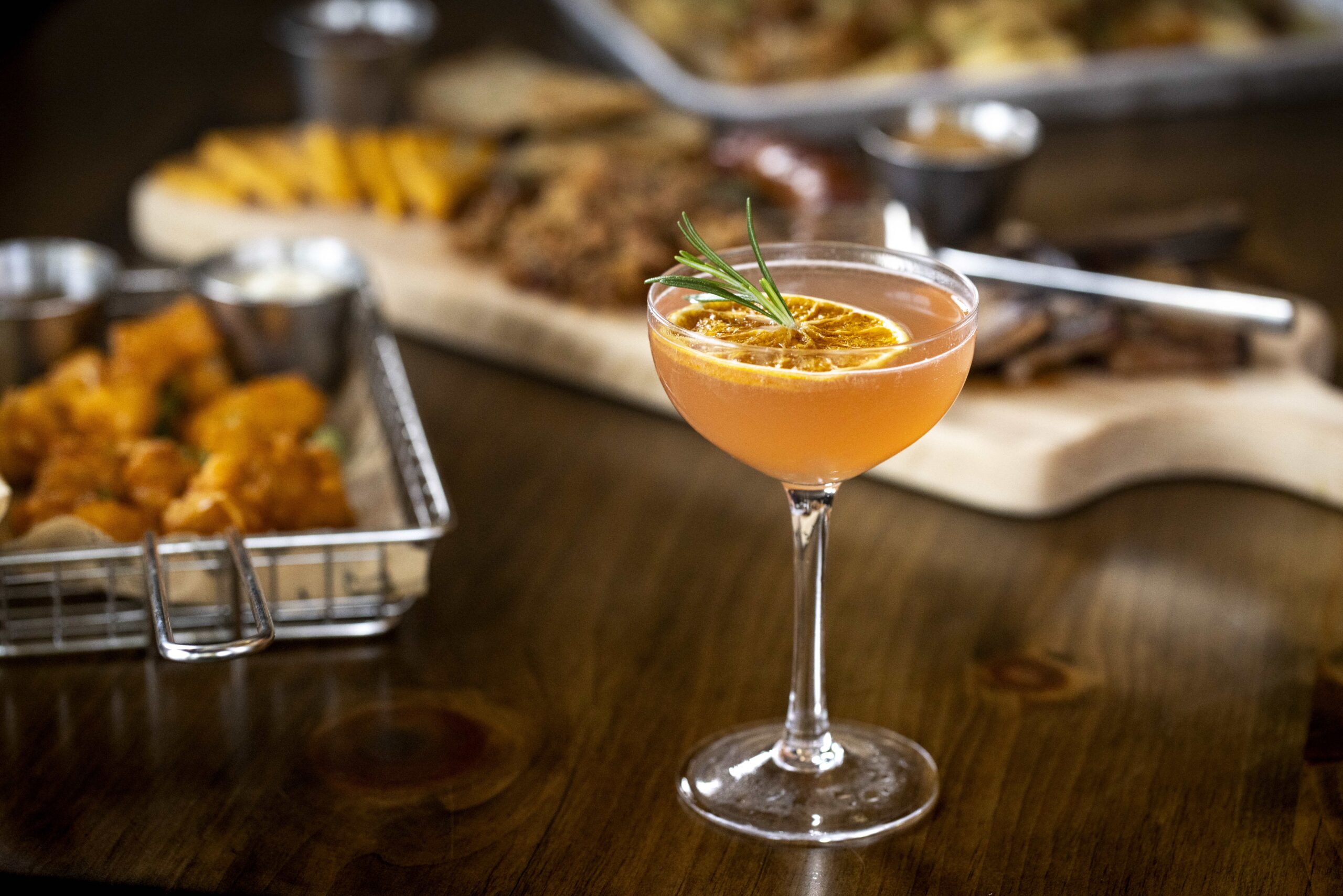
Shereen Siewert: Tell us about how the process works.
Heather Mullins: I’m very blessed to be in a Wisconsin dairy family, with our family cheese factory just down the road. My husband and his brothers and dad craft the cheese and when they’re done, they’re left with a pound cheese, but nine pounds of liquid whey.
They’ve actually found a lot of uses for that whey. They’ll pull off the protein and use that for nutritional value for whey protein powder. The cream goes to additional butter manufacturing.
They also have this lovely milk sugar, the lactose, and a portion of that comes down the street to the distillery and we use that to craft our vodka. You can really use any sort of sugar source to make vodka. A lot of people are very familiar with wheat vodkas or corn vodka or potato vodka. In our case, we’re choosing to use one of Wisconsin’s natural resources in the in the great dairy state that we have here and use that milk sugar to craft our vodka. We use a special strain of yeast that will eat that milk sugar and turn that into alcohol, which we then distill from.
SS: Is there a difference in the way it tastes?
HM: It is still a traditional vodka. If you think about potato vodka, for example, that doesn’t taste like potatoes, but there’s always some underlying nuance that remains from that raw material you used.
In our case with milk sugar, we find that we are left with this sort of silky underlying texture that helps with the smoothness and the almost creamy feel that you get from the vodka while still having a very traditional product.
SS: How much experimentation did it take to create the specific recipes you found for your spirits?
HM: I’m definitely the science geek of the family, so I am the one that’s in the lab playing with all the different prototypes and figuring things out. Probably 10 years ago after I finished my master’s work in brewing, I started playing with the idea of changing those milk sugars into alcohol and making a spirit out of it.
It was about two years of concocting recipes in my garage using home brewing equipment before we really nailed down how the fermentation works. It is a special process in the sense that you need to use a very specific type of yeast to ferment those sugars and turn them into alcohol. Standard brewing or distilling yeast won’t do the job, so it took a lot of work to figure out the right strain for that.
We did not invent this, but there are only a handful of distilleries in the world doing it. We’re blessed to have that consistent purified source of milk, sugar, and my background in fermentation certainly helps complete that puzzle.
It’s a good Wisconsin marriage.
SS: Gin and vodka have some similarities when it comes to process, but whiskey is a whole different animal. So how are you handling whiskey production?
HM: We do offer whiskey, but it will be a number of years until we launch our own. We’re laying down whiskey barrels now and we’re producing them traditionally with grain. In fact, you can’t use milk sugar and still call something whiskey. It has to come from grain.
We’re very blessed in the state of Wisconsin to have a great partner in Chilton where we can get barley from as well as local farmers for the source for our corn and our rye. We do take a very traditional approach when it comes to the whiskey.
SS: How advantageous is it for Mullins cheese to use what would otherwise have been a waste product?
HM: You know, I can’t take credit for being the innovative spear on that. The family has been innovative for years now. For decades they’ve been using that whey for a variety of things. I’m happy to play my small part, but they are already pulling out that protein for whey protein. They’re even pulling out the salts that remain. They’re doing so much to really be sustainable.
When it comes to whey, it’s amazing to see how far the dairy industry has come . We’re playing our part, and we’re excited to bring something new to the table.
SS: How crucial are the partnerships that you’ve developed with other area farmers?
HM: For us, obviously the the core of things starts with the milk sugar coming down from the cheese factory, but that milk is coming from 700 different farms in about a 90-mile radius of Mullins Cheese. We’re blessed to have so many dairy farmers in our area and we’re trying to use locally-sourced products wherever we can.
For example, our gin relies on ginseng, and we get that from Hsu Farms right here in Mosinee and Wausau. It’s great to have those connections with our local farms. We’re lucky to be in a state that has such a strong agricultural roots.
SS: Talk a little bit about the tours and tastings and the classes that you offer. You have quite a range.
HM: We do. We’re a distillery, but we’re also want you to see it as a destination so you can see what we do here. You can do that by taking a tour. We offer some really fun craft cocktail classes where you can get involved and actually mix up craft cocktails and then take those recipes home with you.
We also have a full restaurant that’s open Thursday through Sunday, so we really want people to come in and experience it. We used a lot of glass garage doors and large windows in the building design so you can see into that production space and feel like you’re not just at a bar or restaurant.
We make things here, and this is where it all starts. We want you to be a part of that. We want our community to really come and join us in that experience.
If you have an idea about something in central Wisconsin you think we should talk about on “Morning Edition,” send it to us at central@wpr.org.

